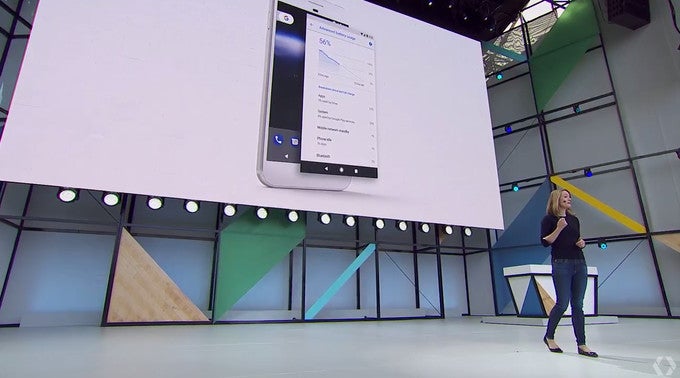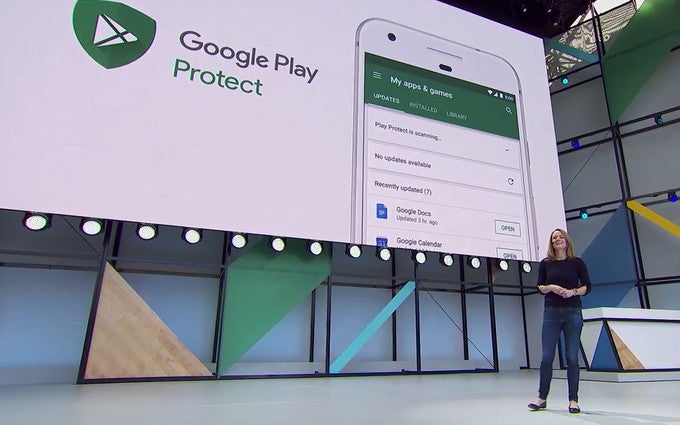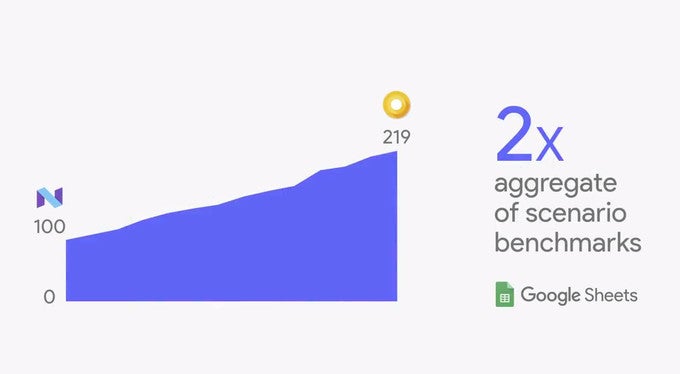Here's how Android O will bring better battery life, strengthened security, app stability improvements


Android O will make it easier to see if your apps are safe
Android O also comes with under-the-hood improvements that speed up booting time and application performance. One example Google gave us was a 119% speed improvement in Google Sheets, achieved using internal benchmarks. To be clear, that was achieved only through tweaks of the OS code, with no app modifications.
Android O is also adding stricter boundaries to what resources apps can use in the background. The goal of this change is to limit battery consumption and memory usage of background apps and services.

Android O brings code improvements to speed up apps. Some of them quite dramatically
Thirdly, Google is making it easier for developers to understand what's causing battery drain, app instability, and slow UI. Play Console Dashboards is a new feature that displays statics related to app issues and shows which users are affected. Better yet, guidance to providing ways to fix each issue is provided. And in Android Studio, developers will see new profiling tools visualizing what resources are used by every line of code in their apps.
Android O is expected to launch this summer, hopefully alongside new hardware - a Google Pixel successor, most likely.
Follow us on Google News



![Some T-Mobile users might be paying more starting in March [UPDATED]](https://m-cdn.phonearena.com/images/article/176781-wide-two_350/Some-T-Mobile-users-might-be-paying-more-starting-in-March-UPDATED.webp)









Things that are NOT allowed:
To help keep our community safe and free from spam, we apply temporary limits to newly created accounts: